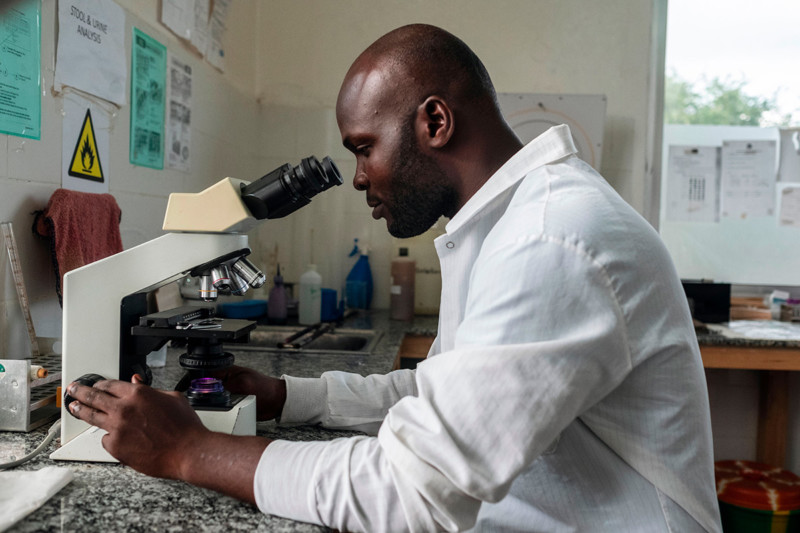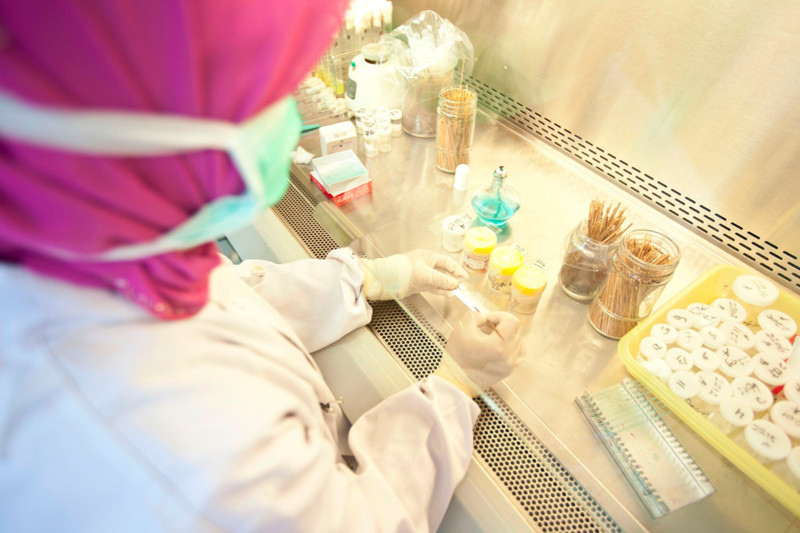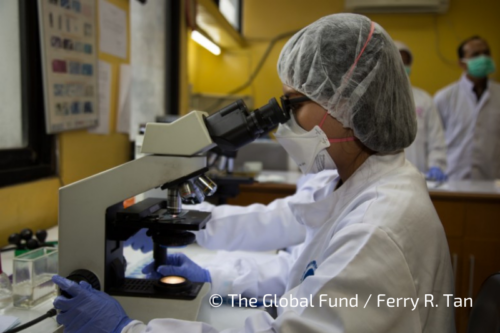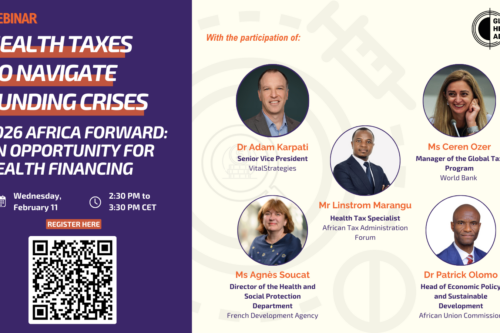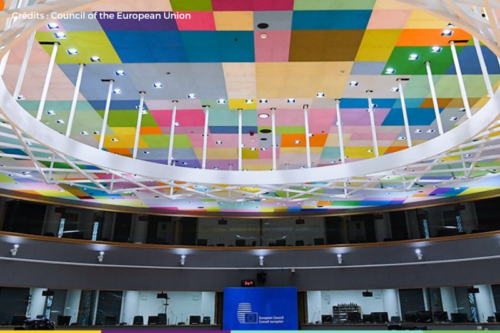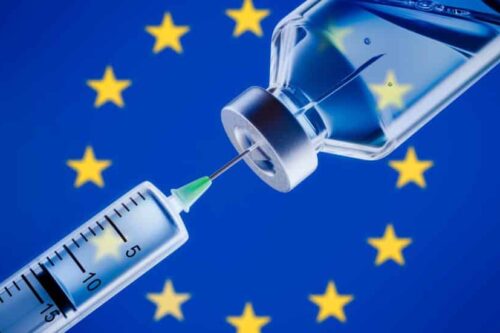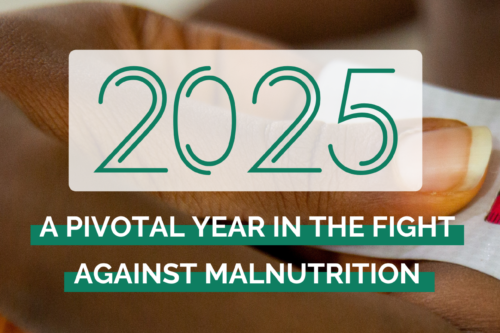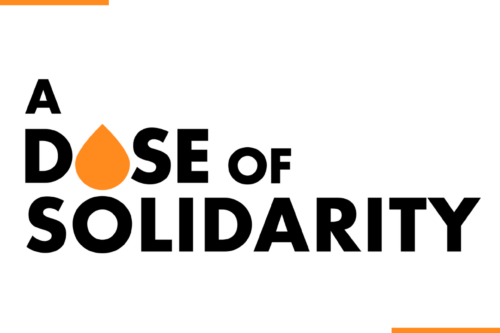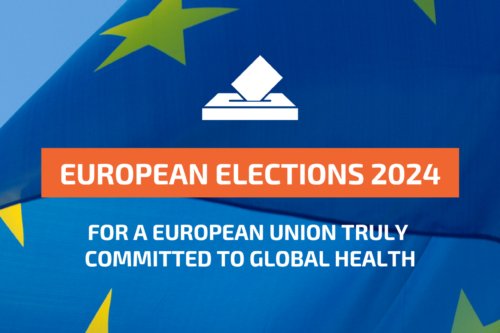Webinar
“Health taxes to navigate funding crises” – Africa Forward 2026 Summit: an opportunity for health financing
13 February 2026
During the last decade, increased investments in biomedical R&D led to scientific progress and unprecedented opportunities which allowed for the creation of effective and accessible tools to tackle the most urgent global health issues. Nevertheless, there are still considerable needs for new tools and health technologies to diagnose, prevent and treat poverty-related and neglected diseases.
Those diseases, such as malaria, tuberculosis or sleeping sickness, can for the most part be found in the developing world and offer limited market opportunities for the pharmaceutical industry. As a result, research and development into preventive tools, diagnostic and treatments is lagging behind. In 1990, a study of the Commission on Health Research for Development already established that less than 10% of global health research resources was allocated to diseases that were affecting 90% of the poorest people. When market dynamics do not allow for new technologies and tools to be available, accessible, affordable and appropriate for those diseases, public support and international solidarity are necessary to fill the gaps.
Within this context the European Union and France have a major role to play in mobilising funding and prioritising poverty-related diseases policies in Research & Development, notably by modifying the current legislation linked to intellectual property, often responsible for very high prices of medical tools.

